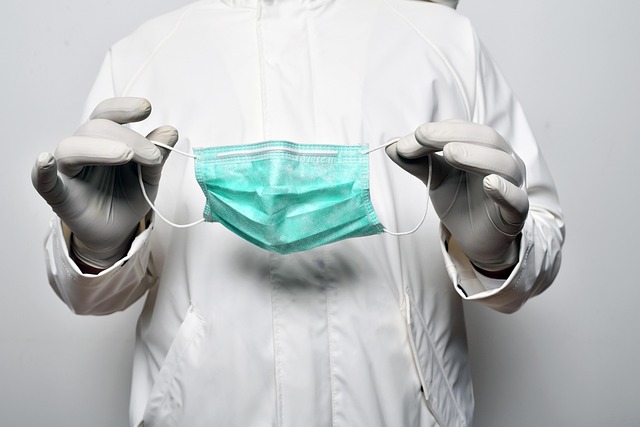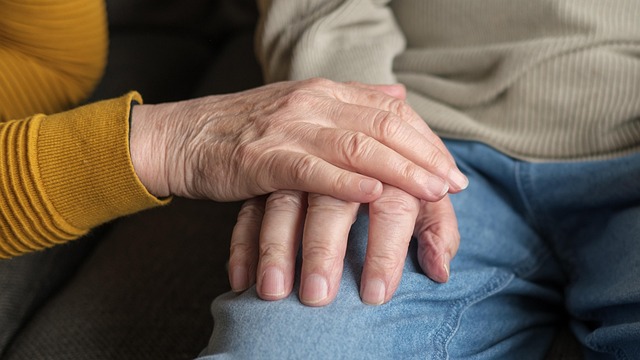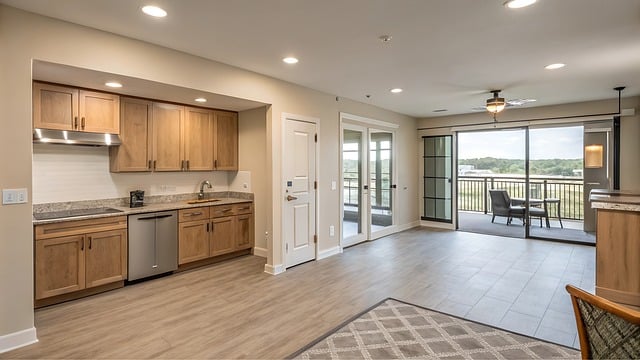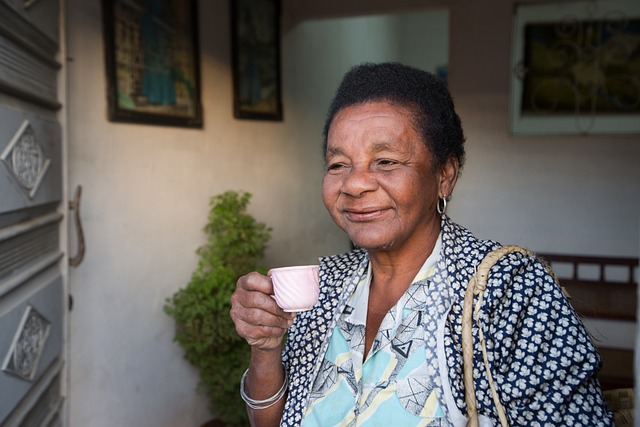Surveillance cameras in Newark's nursing homes aim to prevent and deter elderly sexual abuse, with strict regulations on placement and ethical use, prioritizing resident privacy and safety. Elderly sexual assault attorneys Newark advocate for these measures as critical tools for evidence collection and accountability while navigating complex legal frameworks. The goal is a balanced approach, fostering security without infringing on the dignity of vulnerable residents.
Newark, NJ, has implemented unique camera surveillance policies in nursing homes to combat and prevent sexual abuse against vulnerable residents. This proactive measure aims to protect the elders, many of whom may be unable to defend themselves. The article explores these regulations, delving into the city’s commitment to resident safety, legal protections for potential cases, and the practical role of cameras in deterring abuse. Understanding these policies is crucial for both elderly sexual assault attorneys in Newark and care facilities seeking to uphold resident rights while ensuring their well-being.
Understanding Newark's Camera Regulations in Homes

In Newark, the topic of cameras in nursing homes has garnered significant attention, particularly regarding the prevention of sexual abuse against vulnerable residents. The city’s regulations aim to strike a balance between resident privacy and ensuring safety. According to local laws, nursing homes are permitted to install cameras for security purposes but must adhere to strict guidelines. These include obtaining informed consent from residents or their legal guardians, limiting camera placement to common areas and entry points, and ensuring the equipment is secure and regularly monitored.
Elderly sexual assault attorneys in Newark emphasize the importance of these regulations as a proactive measure against potential abuse. By implementing camera systems, nursing homes can deter inappropriate behavior and provide invaluable evidence in case of any incidents. However, it’s crucial that the use of surveillance technology respects residents’ privacy rights and is conducted ethically, ensuring transparency and accountability throughout the process.
Protecting Residents: The Rationale Behind Surveillance

Surveillance cameras in nursing homes play a pivotal role in protecting vulnerable residents, especially in light of the rising concerns over elderly sexual abuse. Newark, recognizing this critical issue, has implemented policies that prioritize the safety and dignity of its aging population. The rationale behind these measures is straightforward: to deter potential abusers and ensure that any inappropriate behavior or assault is promptly detected and addressed.
By installing cameras, nursing homes can create an environment where residents feel secure, knowing that their well-being is being actively monitored. This technology serves as a powerful tool for elderly sexual assault attorneys in Newark, providing essential evidence in cases of abuse, and helping to hold perpetrators accountable. Moreover, it empowers staff members to quickly intervene and provide aid when needed, ultimately fostering a safer and more caring atmosphere for all residents.
Legal Considerations for Elderly Sexual Assault Cases

In Newark, as in many jurisdictions, the legal landscape surrounding elderly sexual assault cases is complex and multifaceted. When it comes to cameras in nursing homes, a delicate balance must be struck between privacy rights and public safety, especially for vulnerable elder residents. Legal considerations often involve the interpretation of laws related to surveillance, consent, and the handling of evidence, which can significantly impact the outcome of any case.
Elderly sexual assault attorneys in Newark play a crucial role in navigating these legal complexities. They must be well-versed in state and federal regulations regarding privacy, as well as the specific requirements for installing and using cameras in care facilities. These experts ensure that the rights of both residents and caregivers are respected while developing robust strategies to prevent and prove instances of sexual abuse within nursing homes.
Implementation: How Cameras Can Deter Abuse

The implementation of surveillance cameras in nursing homes is a powerful tool in deterring and preventing sexual abuse against vulnerable elderly residents, something that Newark’s new policies aim to emphasize. These cameras act as a constant reminder to staff and potential perpetrators alike, creating an environment where abuse becomes less likely. With the help of advanced technology, caregivers can monitor activities more efficiently, ensuring the safety and dignity of each individual under their care.
Elderly sexual assault attorneys in Newark and advocates for elder rights have long championed such measures as a proactive step towards safeguarding the most vulnerable members of society. By installing cameras in common areas, hallways, and even patient rooms (with consent), nursing homes can create a culture of accountability, making it easier to identify and address any concerning behaviors or incidents promptly. This technological advancement not only serves as a deterrent but also provides critical evidence for legal action should the unthinkable occur.
Rights vs. Safety: Balancing the Needs of Elderly Residents
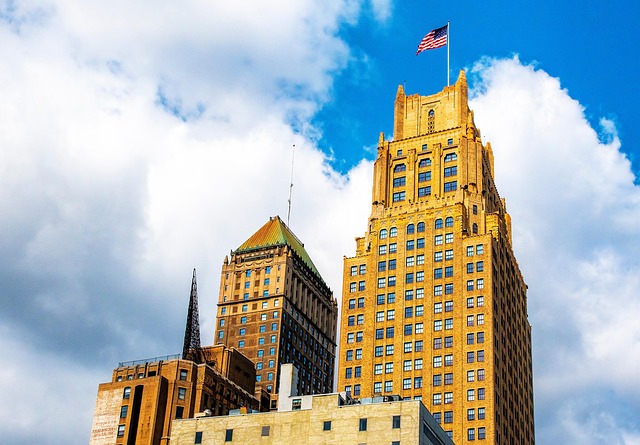
In the delicate balance between privacy rights and resident safety, nursing homes in Newark face a complex dilemma. On one hand, the elderly residents have a right to live with dignity and respect for their personal space. Installing cameras in their rooms could be seen as an invasion of privacy, triggering concerns among both residents and families. However, on the other hand, preventing sexual abuse and ensuring the safety of vulnerable elderly individuals is paramount. Elderly sexual assault attorneys Newark advocate for policies that protect residents while also respecting their autonomy.
Finding a middle ground involves careful consideration. Cameras can serve as a powerful deterrent, providing peace of mind to families and residents alike. Yet, they must be implemented with sensitivity, ensuring minimal disruption to daily life and maintaining the dignity of every resident. Newark’s nursing homes strive to create an environment that promotes safety without compromising the rights and comfort of the elderly population.

